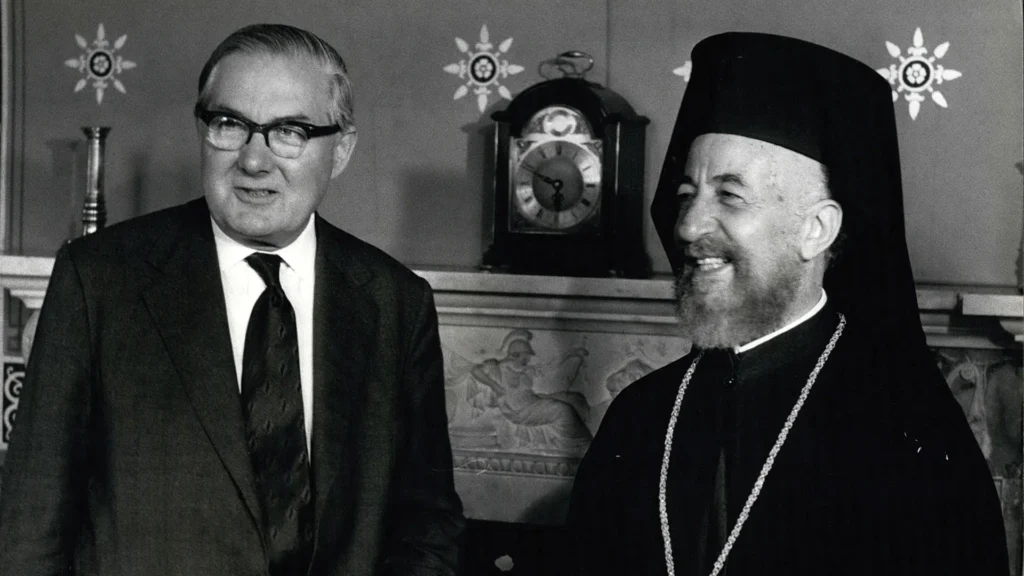Cyprus, a Mediterranean island nation, stands as a testament to the constant flux of history. Its story, marked by both conflict and cultural exchange, offers valuable insights for understanding the complexities of our own times.

Divided for half a century, Cyprus reflects the bitter realities of ethnic and religious tensions that plague various regions today. However, its rich past also reveals a path towards reconciliation.
From the earliest civilizations, Cyprus played a pivotal role. It boasted innovations like water wells and witnessed the first recorded sea battle. Cypriots ushered in the Iron Age with their metalworking skills, and some scholars believe the European alphabet may have originated here.
The island served as a microcosm of the Mediterranean’s grand narrative. It witnessed the rise and fall of empires, the emergence of vast trade networks, and the birth of the modern era. Cyprus participated in the Persian Wars, provided Alexander the Great with his prized sword, and even sheltered early Christians.
Located on the Byzantine frontier, Cyprus absorbed Muslim influences soon after the Prophet Muhammad’s time. Richard the Lionheart, on his way to Jerusalem, inadvertently conquered the island, transforming it into a Crusader stronghold for centuries. Venetian merchants then took control, followed by a brutal Ottoman siege of Famagusta, a pivotal event that sparked a major naval battle.
The past 150 years saw Cyprus’ destiny intertwined with the British Empire. The island became a key military base, strategically positioned to protect Suez and later house nuclear bombers. After gaining independence, Cyprus retained vestiges of British presence, acting as an “unsinkable aircraft carrier” in the Middle East.
Colonial manipulation, however, played a tragic role. The British administration deliberately stoked tensions between Greek and Turkish Cypriots, identities that solidified only in the mid-20th century. This “divide and run” tactic ultimately led to the island’s division in 1974.
For decades, Cypriots of different faiths, once harmonious neighbors, have lived separate lives. This stands as a stark reminder of how vibrant communities can be fractured by ethnic or religious strife.
Yet, Cyprus’ history also offers hope. By viewing each cultural influence as a layer enriching the whole, like the intricate flavors of baklava, we can move beyond a narrative of clashing civilizations. By embracing this perspective, we can pave the way for a more peaceful and unified future.


